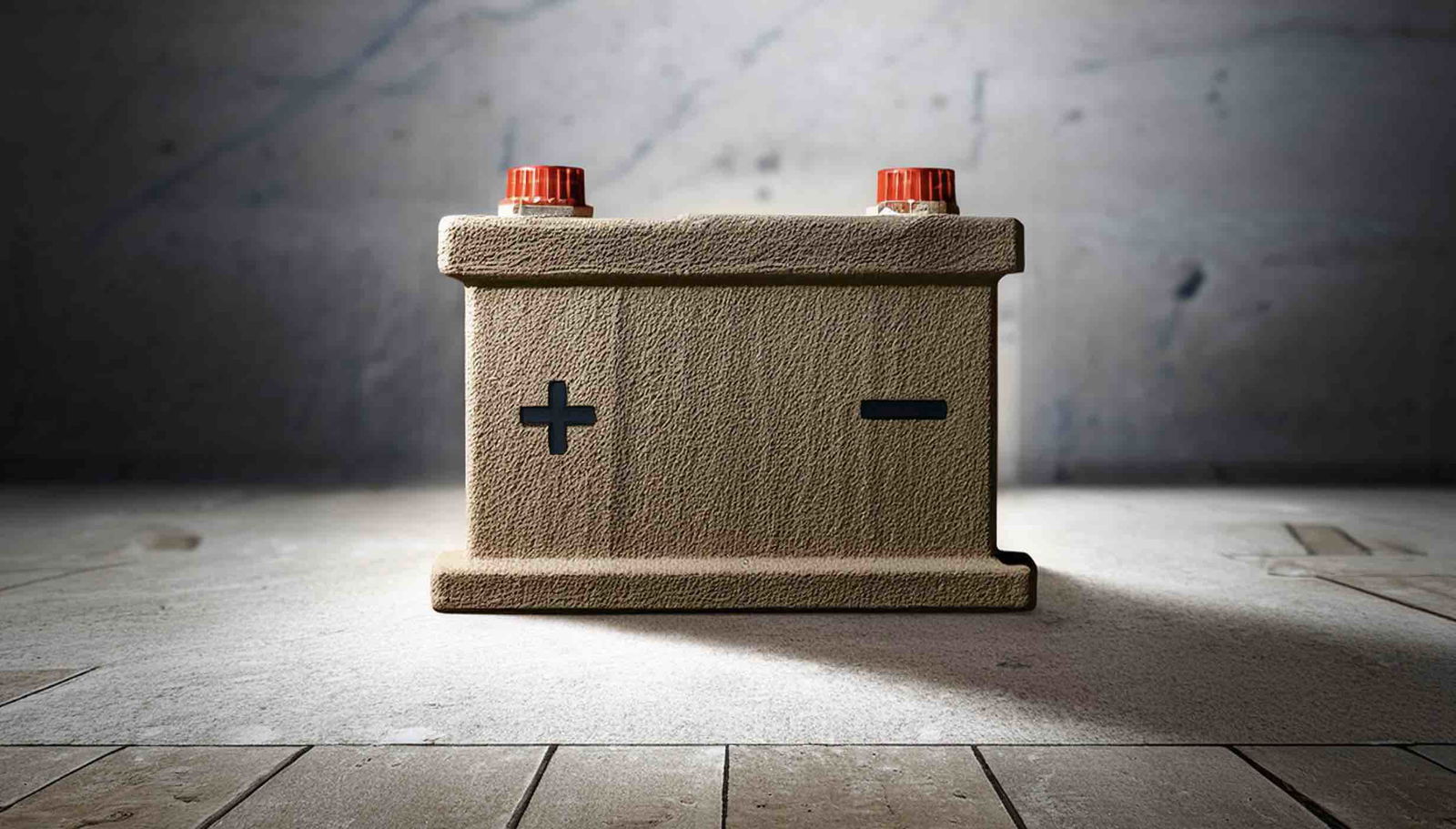A team of researchers from the Technical University of Denmark (DTU) has announced the creation of a so-called super battery made from rocks, a technology that may one day replace Lithium Ion batteries used in electric vehicle production.
The team claims their discovery would lead to cleaner, safer, and longer-lasting batteries that don’t rely on rare metals or end up as toxic waste. According to the DTU team behind the battery’s creation, the key to their entry into energy storage lies in the simplicity of the materials involved. More specifically, their super battery is based on potassium and sodium silicates, which are commonly found in rocks.
“These are rock silicates, which are some of the most common minerals in the Earth’s crust,” explains the press release announcing the new battery. “It is found in the stones you pick up on the beach or in your garden.”
With Lithium Ion’s Days Numbered, Super Battery Will Likely Power the Vehicles of the Future
Today, the vast majority of electric devices, including phones, computers, and cars, are powered by lithium-ion batteries. Unfortunately, lithium is a rare earth mineral and is also considered toxic. Batteries using lithium-ion energy storage have also proven to be dangerous under the right conditions. In some cases, electric cars or even commercial airlines have experienced lithium-ion batteries bursting into flames.
While consumers have somewhat tolerated these issues due to the longer drive times and relatively short device charge times lithium-ion batteries provide, industry experts often state that one way or another, the end of this class of batteries is coming sooner rather than later.
Now, DTU researchers say they may have developed and patented a commercially viable alternative that mitigates nearly all of the largest concerns regarding current technologies while also offering equally impressive drive times and shorter recharge times for electric vehicles.
Team Says Solid State Batteries Made From Rocks Offer Compelling Advantages
In developing their futuristic ‘super battery,’ the DTU team knew there was untapped potential in potassium-based silicates. The material is not only good at energy storage but also eco-friendly, inexpensive to extract, and available from material that covers 90 percent of the surface. Still, the research team says it has largely been ignored due to perceived limitations that they believe could be surmounted.
“The potential of potassium silicate as a solid-state electrolyte has been known for a long time, but in my opinion, has been ignored due to challenges with the weight and size of the potassium ions,” explained DTU researcher Mohamad Khoshkalam. “The ions are large and therefore move slower.”
When ions move slowly in a battery, it adversely affects everything from charge times and lifespan to safety. Still, Khoshkalam believed that the huge number of benefits offered by batteries essentially made from rocks were valuable enough that they could prove a nearly perfect medium for their new super battery.
This belief led to the testing of various formulas of potassium silicate-based electrolytes, with an eye on maintaining the material’s benefits while mitigating its weaknesses. According to Khoshkalam, this effort was a success.
After numerous trials, the team was able to create a superionic material of potassium silicate and a separate “process” that combined to make the ions move even faster than they do in lithium-based electrolytes. However, the researchers are keeping the exact formula a secret, although they have received a patent for it.
“The first measurement with a battery component revealed that the material has a very good conductivity as a solid-state electrolyte,” said Khoshkalam. “I cannot reveal how I developed the material, as the recipe and the method are now patented,”
Team Acknowledges Solid State Rock Batteries are a High-Risk Technology
In the DTU team’s formal announcement, they highlight previous announcements by car manufacturers that have promised to develop solid-state batteries “only to subsequently pull out.” Toyota recently announced plans for a 2027-2028 launch of a lithium-based solid-state-powered electric vehicle, but few details have been made available.
The DTU also projects what a solid-state super battery based on potassium silicate would look like, as well as the impressive performance and safety benefits it could offer.
“A single battery cell can be made as thin as a piece of cardboard, where the anode, cathode, and solid-state electrolyte are ultra-thin layers of material,” they explain. “This means that we can make more powerful batteries that take up less space. This offers benefits on the road, as you will be able to drive up to 1,000 km on a single 10-minute charge. In addition, a solid-state battery is more fireproof, as it does not contain combustible liquid.”
In their summary, the team concedes that moving their discovery from a lab invention to the commercial market won’t be easy, as “the chance of commercial success is small, and the technical challenges are many.” In fact, they say that the soonest people could even expect to see this type of technology powering a car is at least ten years away.
Still optimistic, Khoshkalam said he hopes to use his patent and his new company, K-Ion, to create a prototype solid-state super battery based on his science. If successful, he can show it to investors looking to help pave the way for his technology to power devices and EVs of the future.
“We have shown that we can find a material for a solid-state electrolyte that is cheap, efficient, eco-friendly, and scalable,” he explained, “and that even performs better than solid-state lithium-based electrolytes.”
Christopher Plain is a Science Fiction and Fantasy novelist and Head Science Writer at The Debrief. Follow and connect with him on X, learn about his books at plainfiction.com, or email him directly at christopher@thedebrief.org.

